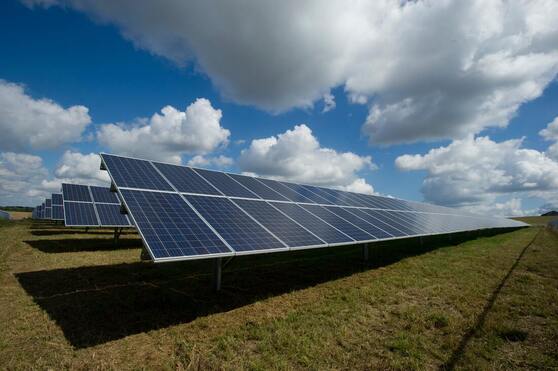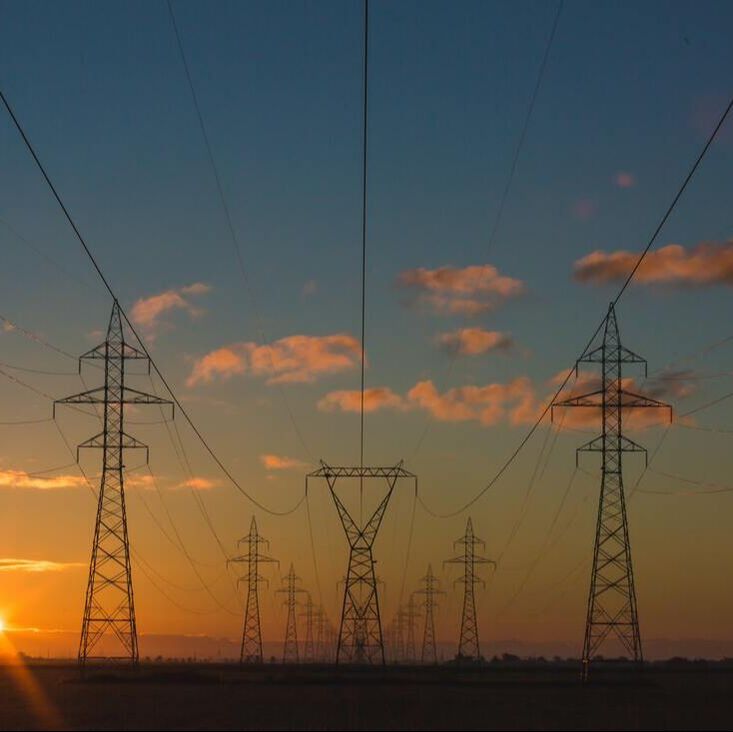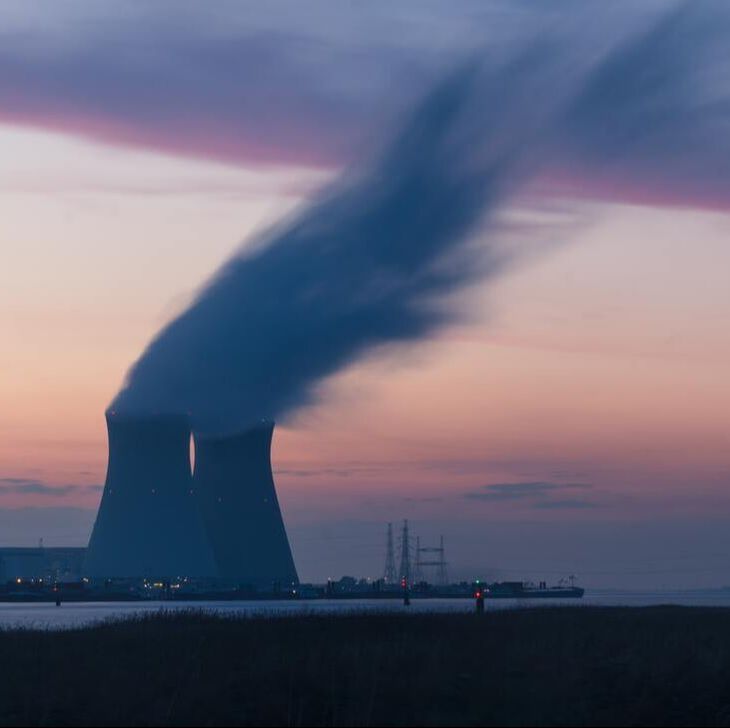Why renewable energy?
|
In 2019, renewable energy accounted for 11% of energy consumption in the United States, according to the U.S. Energy Information Administration (EIA). On the other hand, fossil fuels accounted for 80% of energy consumed.
Unlike fossil fuels, renewable energy sources including wind, solar, hydropower, geothermal, and others do not release harmful greenhouse gases that trap heat in our climate system. In addition, they tend to create far less damage to local environments in the form of health and ecosystem-threatening air and water pollution. It is important to recognize that communities of color are more likely to be located closer to fossil fuel power plants due to lower average wealth and bargaining power in determining where they live, causing a disproportionate harm to their health and quality of life, which is one manifestation of environmental racism. |
How do we promote renewable energy?
There are campaigns everywhere that target the fossil fuel industry, which has been sowing doubt about the climate crisis for decades in order to continue to profit off of the destruction of the Earth. The good news is that renewable energy has come down in price and is now economically competitive with fossil energy. One organization that is pushing for a just transition to 100% renewable energy is 350.org, through their Fossil Free campaign. Another organization is Sierra Club, through their Beyond Coal campaign. Check out some more actions you can take below!
|
|
|
|




